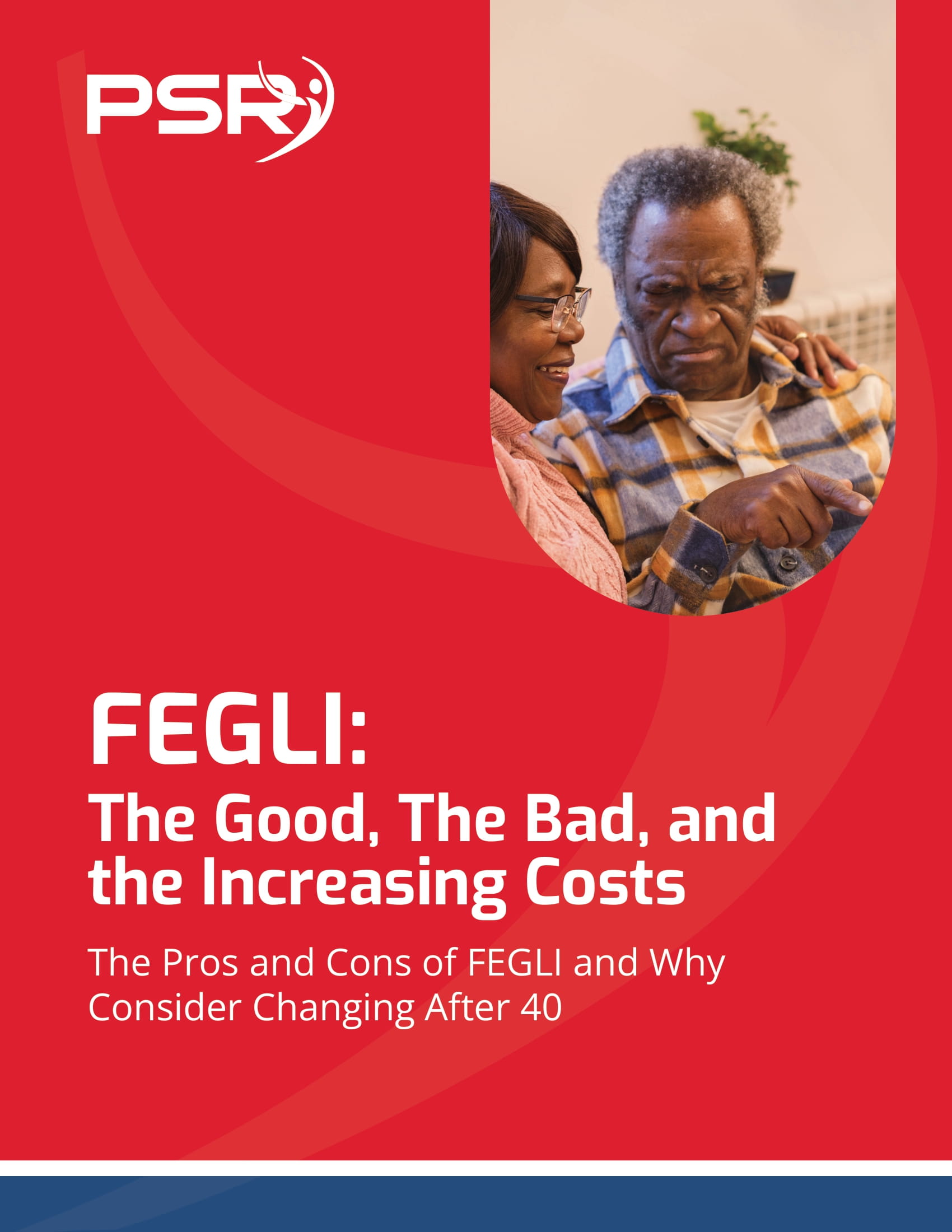A recent report has stated that a good number of people are lying about their smoking habits in order to attain more benefits from their health insurance. This situation is a complicated one as there is no law to force people to tell the truth. The insurer also cannot legally do anything to ensure that a smoker doesn’t lie in this regard.
 How the False Health Insurance Forms Data was identified
How the False Health Insurance Forms Data was identified
The fact that the data on the health insurance
- Also Read: Dental Plans Under FEDVIP Are Offering Better Coverage Than Ever—Why Federal Employees Are Taking Notice
- Also Read: 5 Things You Need to Know About Survivor Benefits as a Federal Employee or Retiree
- Also Read: How FEGLI Premium Changes Are Forcing Federal Employees to Reevaluate Their Plans
Facts Uncovered
After conducting the comparison, CDC found out that the average smoker population by a state is over 19.4 percent. This is much higher than the percentage of the smoker population by state who pay a smoker surcharge. This percentage was about 8.3 percent. The gap between the percentages, 11.1 percent, clearly states that more than half of smokers are lying about their smoking habits.
Why the smokers are lying?
A large amount of smokers lie on their health insurance forms because they don’t want to pay their smoking surcharges that are higher than a non-smoker. The surcharge is higher because a smoker is more prone to smoking related health issues such as lung diseases.
The Affect on Non-Smokers
The lies offered by the smokers impact the non-smokers badly. When the smokers don’t pay the extra surcharge that would offset the health costs, the price of health products and services increases and everyone, including non-smokers, pays the cost.
No Solution Found
The problem of lying by the smokers on the health insurance forms doesn’t have a viable solution as of now. This problem cannot be solved as per the Affordable Care Act. The insurers cannot legally check the claim made by a smoker that he is a non-smoker. Most insurance providers just rely on the honor system and hope that the person isn’t lying.
What Happens to the Offender?
If it is proved that a person lied on the health insurance forms, he or she may have to pay a big fee for it. When an insurance provider finds out that a person has lied, the insurance provider can retroactively charge that person.








